The Gospel (Mt 1:16.18-21.24) tells us that Joseph was a just man, a man of faith, who lived the faith. A man who can be found on the list of all the people of faith that we have recalled today in the office of readings (see Letter the Jews, Chapter 11); those people who have lived the faith as the foundation of what they hoped for, as the guarantee of what they did not see, and the proof of what they did not see.
Joseph is a man of faith: because of this he was just. Not only because he believed, but also because he lived that faith. He was a just man. He was chosen to educate a man who was a true man but who was also God: only God could have educated such a person but there wasn’t anyone like this. The Lord chose a just man, a man of faith. A man capable of being a man and also capable of speaking to God, of entering into the mystery of God. And this was Joseph’s life. To live his profession, his life as a man and enter into the mystery. A man capable of dialoguing with the mystery of God. He wasn’t a dreamer. He entered into the mystery. With the same naturalness with which he carried on his work, with this precision of his craft: he was able to adjust an angle precisely on the wood, he knew how to do it; was able to lower, to sand down a millimetre of wood, of the surface of the wood. Right, it was accurate. But he was also able to get into the mystery that he could not control.
This is Joseph’s holiness: to carry on his life, his work with righteousness, with professionalism; and at the same time, to enter into the mystery. When the Gospel tells us about Joseph’s dreams, it makes us understand this: that he entered into the mystery.
I am thinking of the Church today on this solemnity of St. Joseph. Are our faithful, our bishops, our priests, our consecrated and consecrated fathers, our Popes: are they capable of entering into the mystery? Or do they need to be in control through rules and regulations which defend them against what they can’t control? When the Church loses the possibility of entering into the mystery, she loses the ability to adore. Prayer of adoration can only come when one enters into the mystery of God.
Let us ask the Lord for the grace that the Church can live in the concreteness of daily life and also in the “concreteness” – in quotation marks – of the mystery. If it cannot do so, it will be a half a Church, it will be a pious association, carried out by rules and regulations but without the sense of adoration. Entering the mystery is not dreaming; entering into the mystery is precisely this: adoration. Entering into the mystery is to do today what we will do in the future, when we will have arrived in the presence of God: to adore.
May the Lord grant His Church this grace.



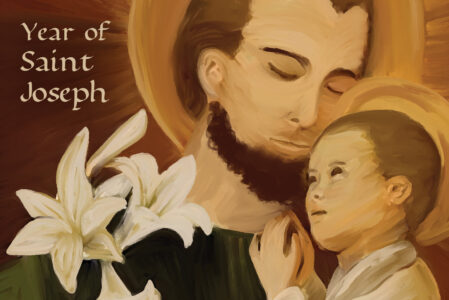


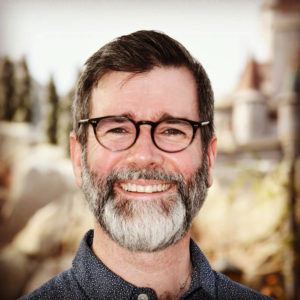
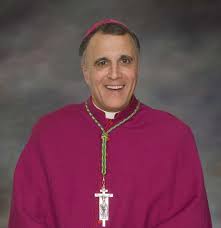
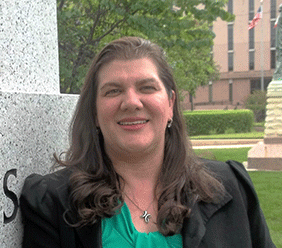
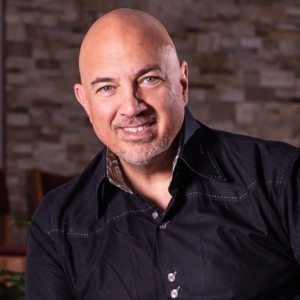
 Kimberly Kay Cox
Kimberly Kay Cox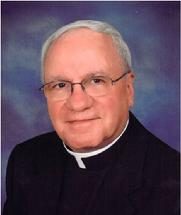
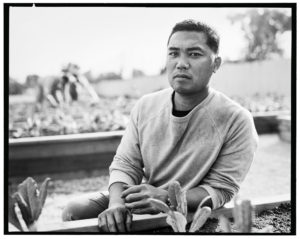
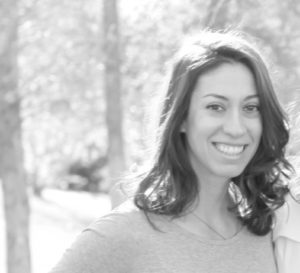

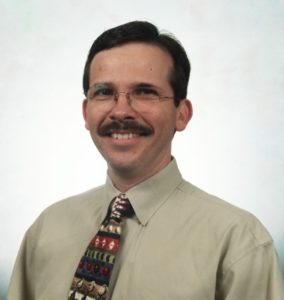


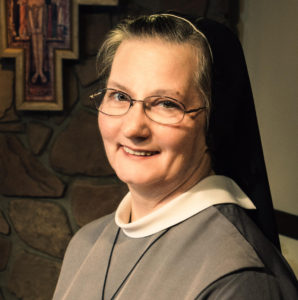
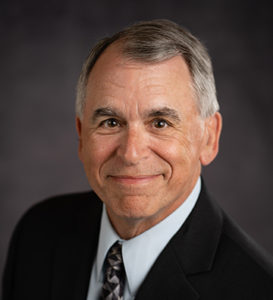 Mark Mogilka
Mark Mogilka




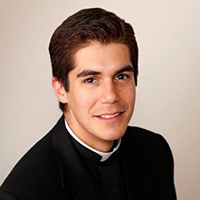
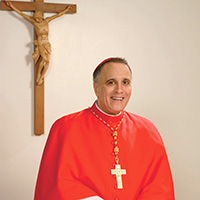

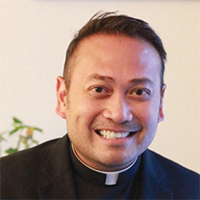




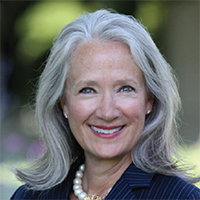

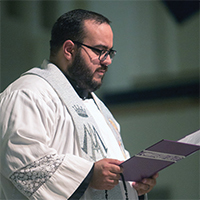
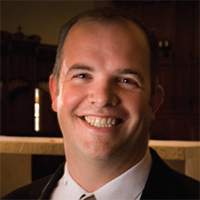


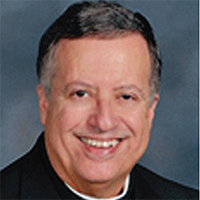

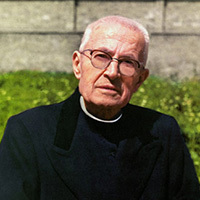


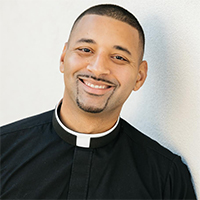




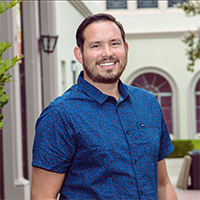
 Armando Cervantes
Armando Cervantes Anna Betancourt
Anna Betancourt
 Andrea Chavez-Kopp
Andrea Chavez-Kopp